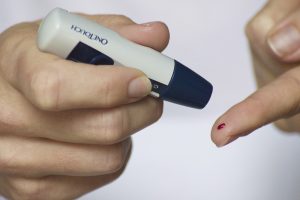In a recent report, the Peterson Health Technology Institute (PHTI) has revealed that a significant number of digital diabetes management platforms are unable to generate substantial returns on investment for both patients and the healthcare system. Users of these technologies experience only modest clinical improvements, such as a 0.23%–0.60% decrease in HbA1c levels in comparison to traditional care. Although these platforms were initially designed to improve the patient experience and reduce fragmentation through virtual innovations, the haste to completely digitize care during the pandemic disregarded several critical issues. Healthcare is inherently engaging for consumers; however, many continue to regard health management as the responsibility of their providers and health plans. An incomplete self-care disclosure and patient overwhelm may result from this transactional approach, which can undermine the lived experience of managing a chronic condition.
In order to enhance engagement and therapy adherence, digital health innovators must promote collaboration throughout the care continuum. This encompasses the examination of socioeconomic vulnerabilities, as well as the integration of data such as clinical history, healthcare provider interactions, health plan coverage, supply reorder history, and care management activities. Human connections should be prioritized in a comprehensive approach to digitally enabled diabetes care, which should also aim to establish a trusted, integrated ecosystem between patients and their extended care teams. This strategy will provide individuals with socioeconomic challenges, who are confronted with complex barriers, with the requisite resources to maintain their health.























